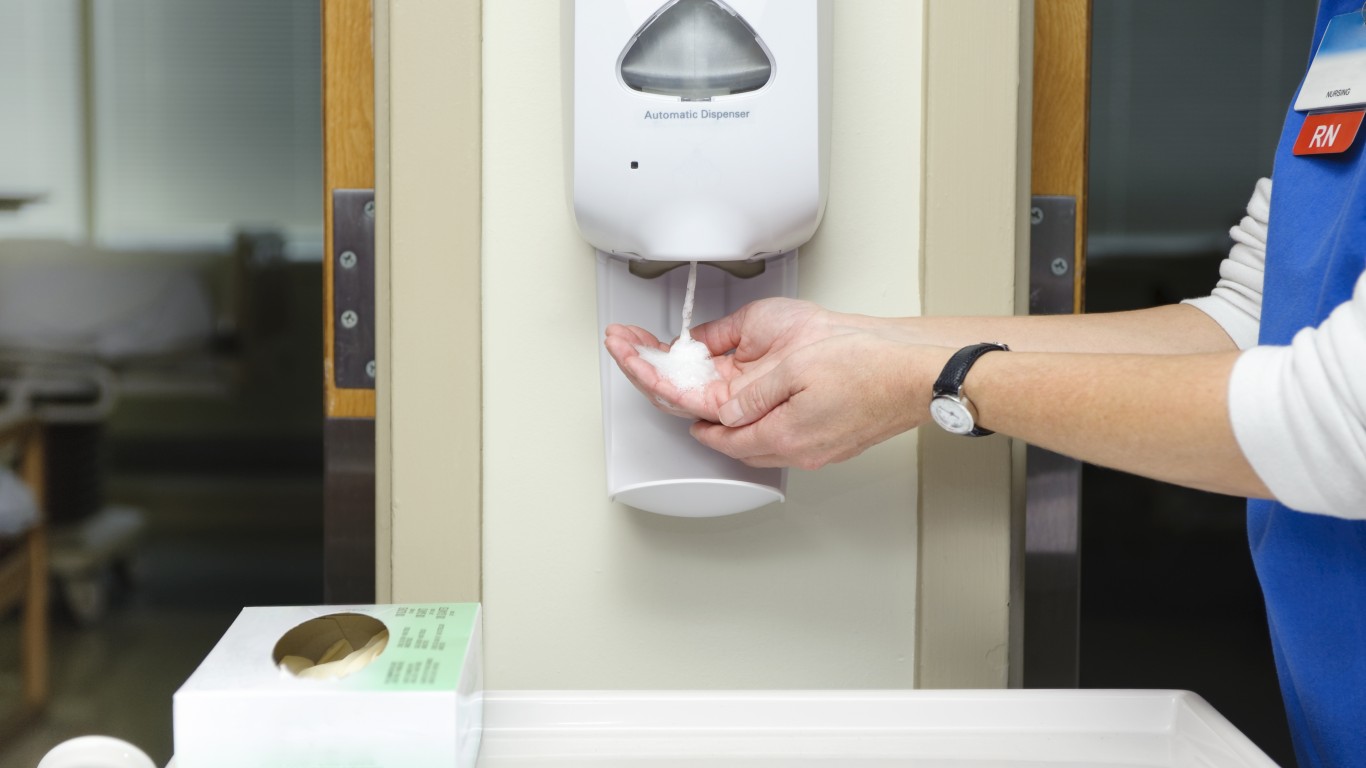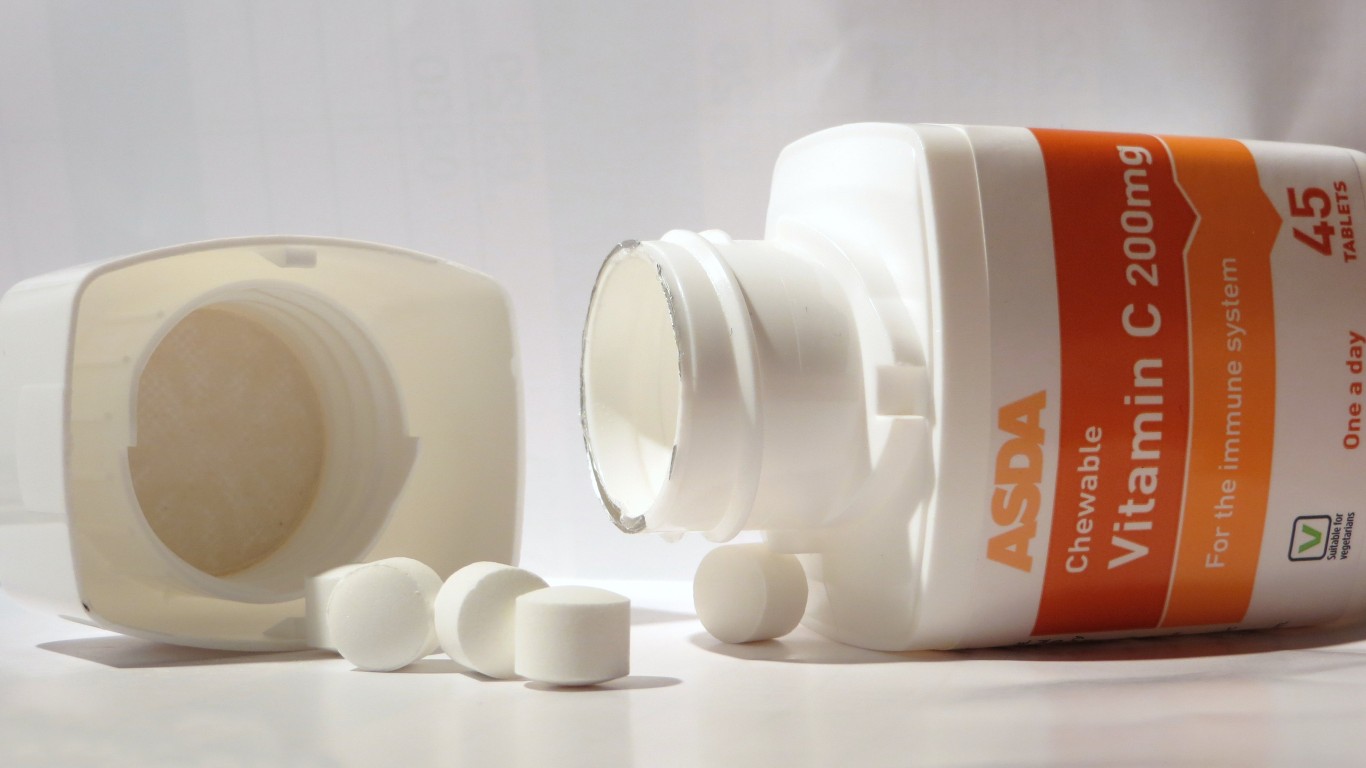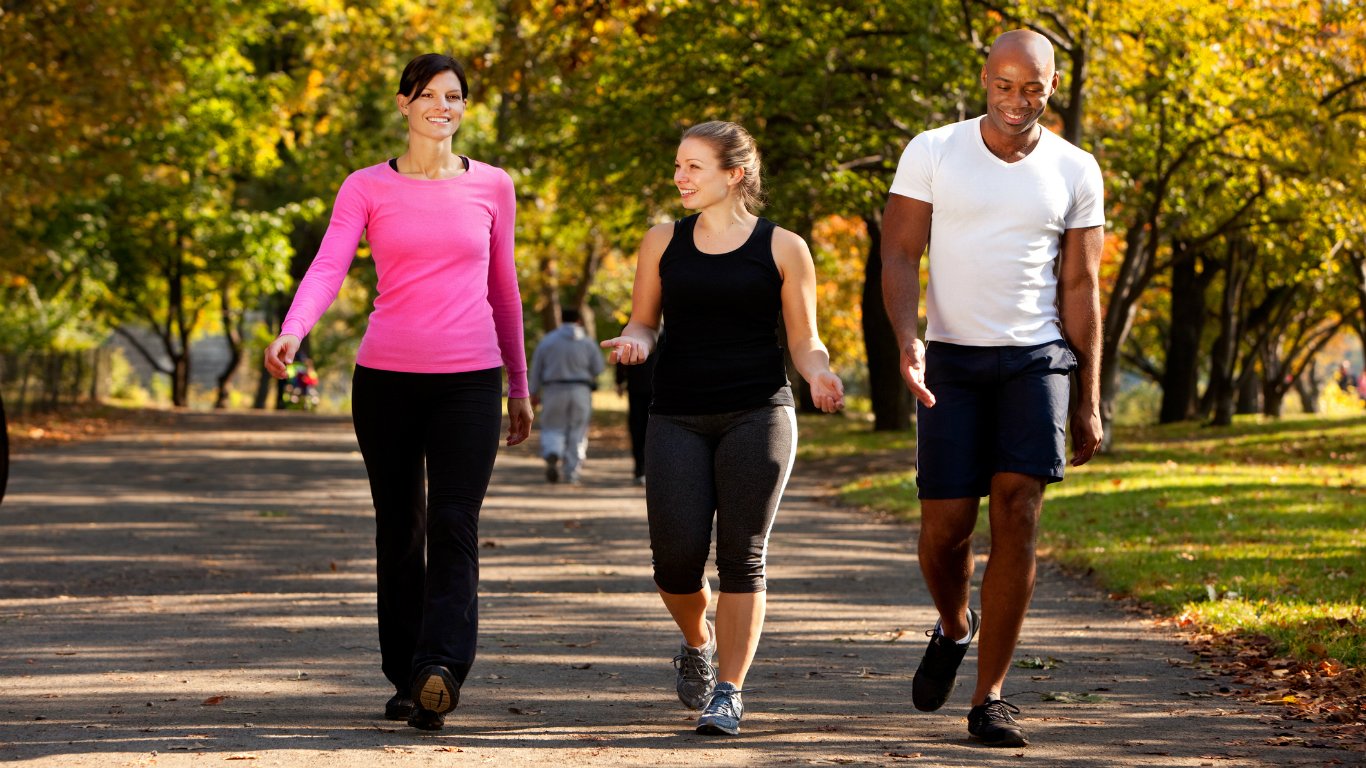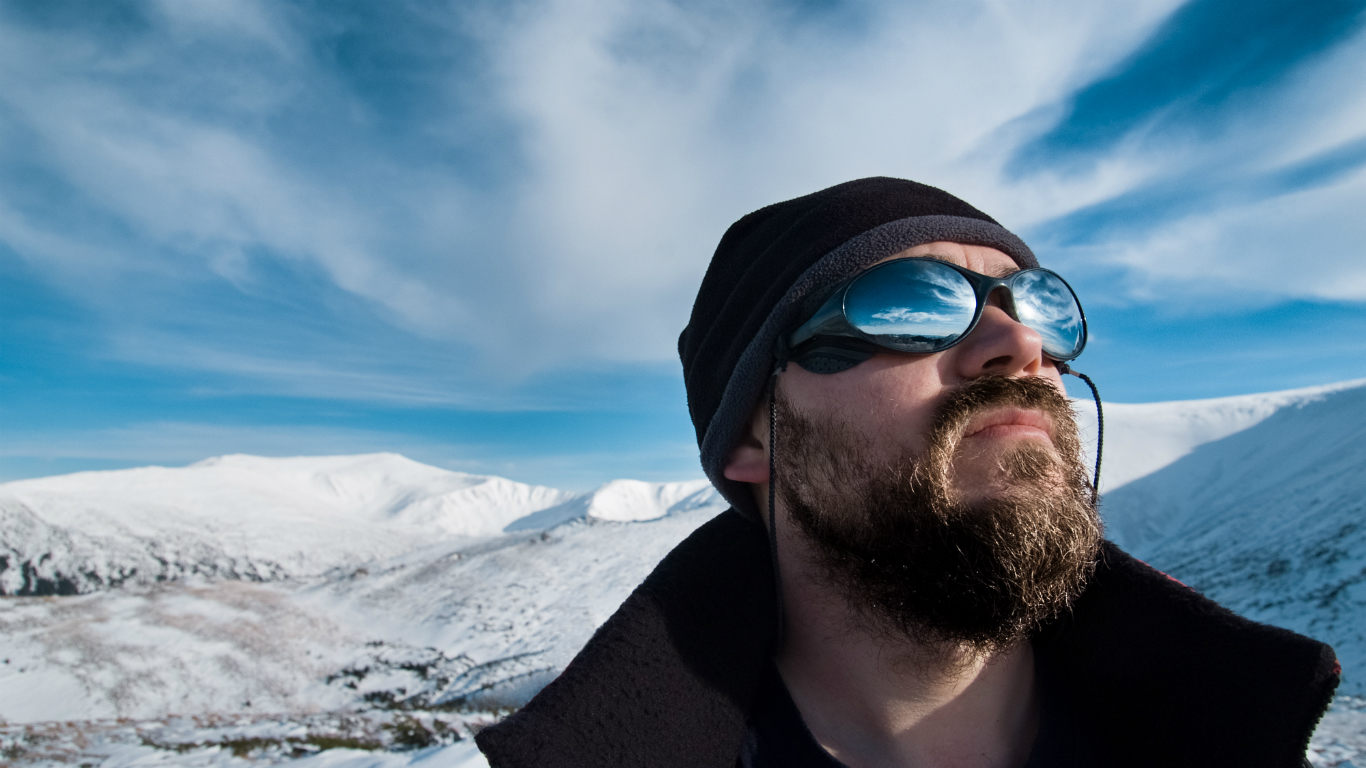

The novel coronavirus, COVID-19, which was first detected in Wuhan City, China, late last year and has since spread to nearly 60 other countries, has met two of the criteria for a pandemic, according to the Centers for Disease Control and Prevention. The virus has caused illness — including illness that resulted in death — and it spreads between people.
As of 4 p.m. Feb. 28, there were 84,124 confirmed cases worldwide, with 62 in the United States. The virus has claimed 2,867 lives, none in the United States.
The immediate health risk from the coronavirus to the general public is low, according to the CDC. However, the agency predicts that person-to-person transmission of the virus is likely to occur in the days and weeks to come. Given that likelihood, people are encouraged to take precautions.
24/7 Tempo has compiled a list of essential tips to prevent viral infections. We reviewed websites such as webmd.com and cdc.com to gather information on the most effective behaviors to prevent infections.
Click here to see essential tips to prevent viral infections.
Like any virus, the coronavirus needs a living cell, like that of a human, in order to survive and multiply. A virus can remain on surfaces — like an elevator button or the pole of a subway car. How long a virus remains viable, however, depends on the type of virus and surface as well as the environment (temperature and humidity for example). From cold viruses to stomach bugs, viruses can remain on surfaces from a few minutes to a few weeks. Studies on other coronaviruses in the past (not the COVID-19) suggest they can remain on surfaces for two days to over a week, though not necessarily active.
As with any virus such as influenza, people should take similar precautions to avoid getting sick, such as frequent washing of hands, cleaning surfaces that you touch often, avoiding crowded places, and getting plenty of sleep. This is the damage you do to your body when you don’t get enough sleep.
While the novel coronavirus outbreak is among the most serious international public health emergencies in recent memory, it is unlikely to come close to the devastation wrought by some of history’s worst outbreaks. Here are the worst outbreaks of all time.

Avoid touching public surfaces
Escalators, ATMs, elevators buttons, handles in buses and trains — these are surfaces people touch and don’t normally think about it twice. Viruses can survive anywhere from several minutes to several weeks on such metal surfaces, and they get touched by several people every minute. It’s still unclear how long the novel coronavirus can remain on surfaces.
[in-text-ad]

Wash your hands properly
Handwashing significantly improves your chances of avoiding viral or bacteria infections. But you need to know how to properly wash your hands. Wet your hands and apply soap. Rub your hands together — don’t forget the space between the fingers and under your nails — for at least 20 seconds, rinse, and dry.

Use hand sanitizer
If water and soap are not readily available, use an alcohol-based hand sanitizer. It should contain at least 60% alcohol, according to the CDC. Keep in mind that sanitizers don’t clean your hands from all types of germs, especially if your hands are greasy.

Avoid crowded and enclosed places
Though it is yet unknown how exactly the novel coronavirus behaves, flu viruses can survive as droplets in the air for several hours. The air in closed places gets recirculated, increasing the chance of the droplets falling on people nearby. This is one reason why parents are asked to not send sick children to school.
[in-text-ad-2]

Try not to touch your nose, eyes, and mouth
The eyes, nose, and mouth are points in our bodies through which viruses can enter. Germs and viruses normally do not survive more than five to 20 minutes on your skin, unless they make it into your body. It is yet unknown, however, how long COVID-19 can last on the skin.

Cover your mouth and nose
Sometimes people sneeze at you. There is no guarantee they covered their mouth, so you cover yours, just to be safe. Sneezing and coughing releases droplets into the air that can spread far, at least about five times farther than people previously thought — up to 26 feet, according to a study from the Massachusetts Institute of Technology. Close contact, however, is defined as less than 6 feet, which is generally believed to be the exposure area from an infected person.
[in-text-ad]

Don’t stay in cold places
There is seasonality to many viral illnesses. The cold and the flu may be more common in the winter because of the colder temperatures — not only do some respiratory viruses die at warm temperatures, but also our body’s antiviral defenses to the common cold, not the flu, may be affected at colder temperatures, according to one study.
Of course, it is yet unknown if COVID-19 has such similar seasonality. Some scientists warn warmer weather may not stop the novel coronavirus because people have no immunity to it as they have not been exposed to it before.

Clean surfaces you touch often
Viruses can survive on surfaces anywhere from a few minutes to several weeks, depending on the type of virus and surface as well as other conditions. Disinfect surfaces frequently, especially at home, work, and school if someone is sick.

Wear a face mask the right way
You have probably seen people wear face masks on the train, at the store, or just walking down the street. It provides some protection, but you have to wear it the right way. The mask has to be over your face with the firm edge up. Mold it to the shape of your nose. Finally, don’t forget to lower the bottom of the face mask all the way under your chin.
[in-text-ad-2]

Consider taking vitamin C
Vitamins, especially vitamin C, can help the immune system in people who lack enough of them. And there is very little evidence vitamin C can prevent the flu or a cold. A few studies show that vitamin C may be helpful in preventing colds in people who are exposed to cold weather or to periods of severe physical exercise.

Make sure you get enough Vitamin D
The sunshine vitamin is crucial for healthy bones, but it may have another superpower — reducing the risk of respiratory infections. Analysis of data from 25 studies found vitamin D supplements reduced the overall risk of infection by about 10%, and it reduced it by about half in those who were initially vitamin D deficient.
[in-text-ad]

Eat plenty of colorful foods
Health experts say that a good way to keep our immune system healthy is to eat multi-colored cornucopia of fruits and vegetables. They are packed with antioxidants — nutrients good for your health — such as beta-carotene (found in items such as asparagus, beets, cantaloupe, turnip and collard greens, and tangerines, and tomatoes), vitamin C (Brussels sprouts, grapefruit, kiwi, orange, snow peas, sweet potato, and strawberries), and vitamin E (avocado, chard, mangoes, nuts, papaya, pumpkin, and sunflower seeds).

Get enough sleep
Getting enough sleep is necessary to fend off infections. Sleep researchers have found that sleep deprivation is linked to weaker immune systems. When you sleep, your body’s immune system releases protective proteins that help fend off infection. If you don’t get enough sleep, that can mean fewer disease-fighting antibodies. The National Sleep Foundation recommends adults get seven to nine hours sleep. Those under 18 years old are recommended to get at least eight hours of sleep, with up to 17 hours for newborns (to three months old).

Quit smoking
Cigarette smoke suppresses your body’s immune system. The reason is that nicotine, which is found in cigarettes, is an agent that weakens the immune system. Tar and toxins in cigarettes can wipe out antibodies, impeding the body’s capacity to ward off infections, so the body stays sicker longer. Cigarette smoke damages the lungs, putting you at greater risk for respiratory ailments like bronchitis and pneumonia.
[in-text-ad-2]

Drink a lot of water
Staying hydrated is important to keeping a healthy body. Drinking enough water may help certain immune system responses, according to some studies. How much water a person should drink a day depends on many factors, including weight, physical activity, climate, and general health. For example, a healthy adult man would be about 16 cups of water a day if he lives in a place with a temperate climate, according to the National Academies of Sciences, Engineering, and Medicine. A healthy adult woman would need about 12 cups of water a day.

Get vaccinated
The coronavirus is new and has no vaccine. Doctors are not even completely sure how it spreads exactly. However, the absolute best way to prevent viral infections for which there is a vaccine is to get vaccinated, according to the CDC. If a vaccine is available, people — especially the more vulnerable like children, pregnant women, and the elderly — should get the shot.
Sponsored: Want to Retire Early? Start Here
Want retirement to come a few years earlier than you’d planned? Orare you ready to retire now, but want an extra set of eyes on your finances?
Now you can speak with up to 3 financial experts in your area for FREE. By simply clicking here you can begin to match with financial professionals who can help you build your plan to retire early. And the best part? The first conversation with them is free.
Click here to match with up to 3 financial pros who would be excited to help you make financial decisions.
Thank you for reading! Have some feedback for us?
Contact the 24/7 Wall St. editorial team.
 24/7 Wall St.
24/7 Wall St. 24/7 Wall St.
24/7 Wall St. 24/7 Wall St.
24/7 Wall St.


